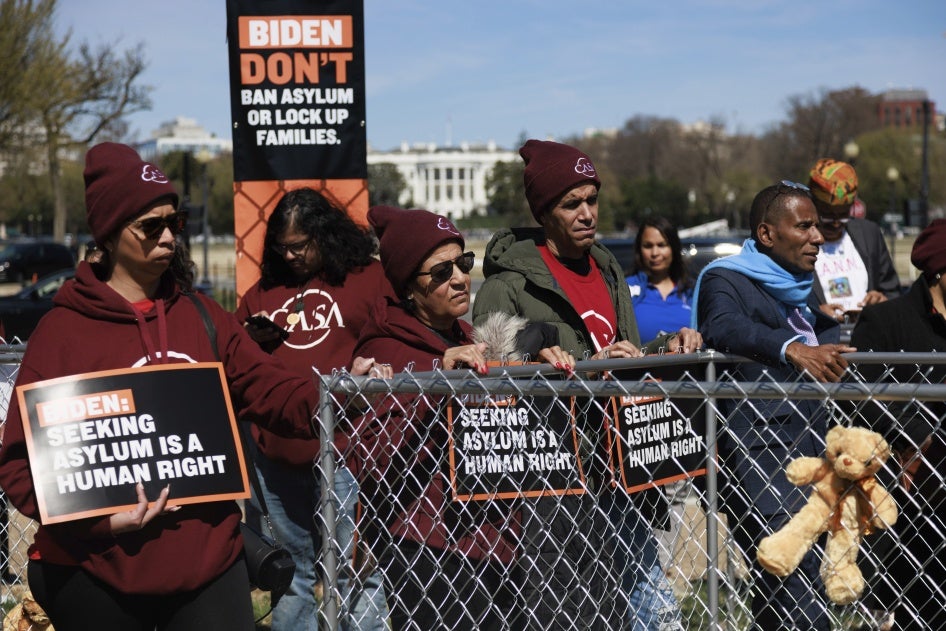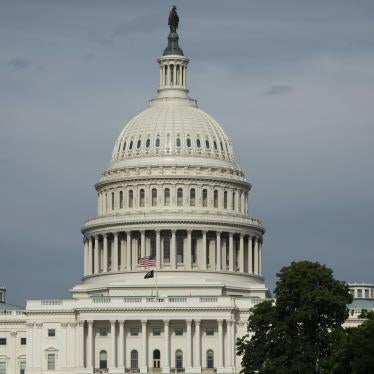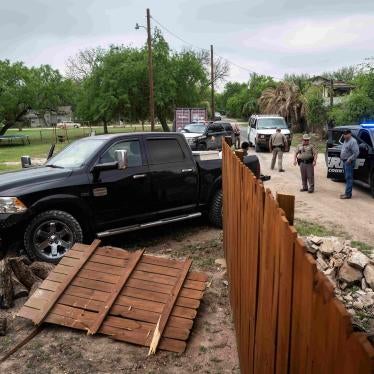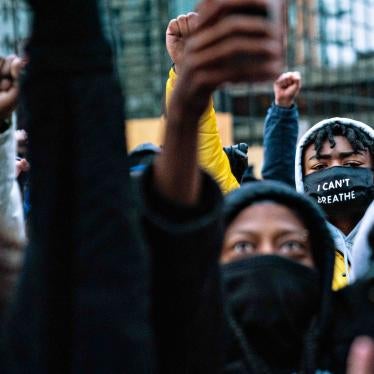The story of Laken Riley, the nursing student killed in February in Athens, Ga., is deeply tragic. And in this election year when politicians, the media, and members of the public regularly conflate race, crime, and immigration, the story of her death is being weaponized and twisted to suit cynical and dangerous political theater.
Prosecutors charged a 26-year-old man, Jose Antonio Ibarra, in Ms. Riley's death. The authorities said he had migrated from Venezuela. Almost immediately many commentators and politicians threw aside any presumption of innocence and inserted the case into the broader debate around migration and policies of deterrence. But drawing simplistic conclusions or wider patterns based on individual cases—while ignoring the myriad complex social, political, and economic forces around them—does little more than rob the individuals involved of their humanity.
The U.S. has a long record of portraying men of color as violent and aggressive for political gain. Among the most infamous examples is the use of images of William Horton during the 1988 presidential election cycle, which played into white fears of Black criminality and promoted the death penalty. Now, Georgia's governor, former President Donald Trump, and others are building upon this shameful history to demonize migrants and spread misinformation.
The use of white supremacist, anti-immigrant, and invasion rhetoric is dangerous and risks escalation to violence and racial profiling. In Athens, community groups already reported seeing posts with language about "hunting for immigrants."
In his State of the Union address, President Joe Biden added to the problem by also referencing the Riley case. In one breath, Biden used dehumanizing language to describe Mr. Ibarra's immigration status, called for additional punitive border policies, and undermined a presumption of innocence.
The impact of this individual case is not limited to rhetoric. The U.S. House of Representatives passed the Laken Riley Act, which among other provisions, urges the reinstatement of the failed and dangerous "Remain in Mexico Policy," which would force asylum seekers to wait for their hearings in dangerous conditions in Mexico, and would impose mandatory detention on undocumented persons charged with offenses as minor as shoplifting.
Research indicates that those who immigrate, regardless of the pathway, may be less likely, and not more, to commit a crime, than U.S.-born residents. And a nationwide study on counties that entered into agreements to perform immigration enforcement did not show that detaining non-citizens had a statistically significant impact on crime rates. Instead, policies that empower local police to act like immigration authorities damage community trust and make immigrants less likely to report crime.
The misinformation in the wake of Ms. Riley's death adds to a troubling criminal legal landscape in Georgia, already among the most aggressive incarcerators in the country. Several bills expanding the categories and circumstances of acts considered criminal violations gained traction this legislative cycle, and more are likely to sprout from the current fearmongering atmosphere.
One bill would add more than two dozen crimes to the list of offenses not eligible for release without a posted bond, including charges often brought against protesters like unlawful assembly and inciting to riot. It simultaneously would prohibit individuals, nonprofit organizations, and charities from paying more than three cash bonds a year. This approach would further criminalize poverty, discourage people from exercising their right to protest, and result in dramatically more community members being removed from their families prior to trial or conviction.
This expansion of criminalization is also taking place against the backdrop of an ongoing crackdown elsewhere in Georgia over building a $90 million police training facility outside Atlanta that would require clear-cutting 381 acres of forest bordering a primarily Black community. Last year prosecutors used charges of domestic terrorism, anti-racketeering, and money laundering to punish and deter protesters.
Policies focused on deterrence through harsh punishment instead of on investments in communities have failed to reduce crime or slow immigration. But the politicians who continue to push for these punitive policies generally know that. They are using white supremacist rhetoric and harsh but ineffective laws to drum up political momentum and entrench existing power structures.
The current election season offers an opportunity instead for communities to hold leaders to account and to demand replacing decades of failed punitive laws and policies with investments that truly allow communities to thrive.









